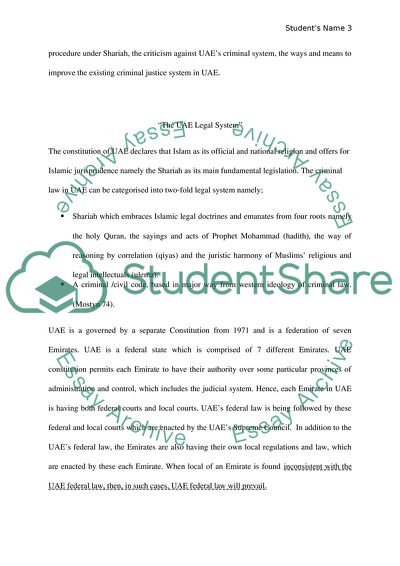Cite this document
(Criminal Justice System in United Arab Emirates Research Paper, n.d.)
Criminal Justice System in United Arab Emirates Research Paper. Retrieved from https://studentshare.org/law/1789285-criminal-justice-in-uae
Criminal Justice System in United Arab Emirates Research Paper. Retrieved from https://studentshare.org/law/1789285-criminal-justice-in-uae
(Criminal Justice System in United Arab Emirates Research Paper)
Criminal Justice System in United Arab Emirates Research Paper. https://studentshare.org/law/1789285-criminal-justice-in-uae.
Criminal Justice System in United Arab Emirates Research Paper. https://studentshare.org/law/1789285-criminal-justice-in-uae.
“Criminal Justice System in United Arab Emirates Research Paper”, n.d. https://studentshare.org/law/1789285-criminal-justice-in-uae.


